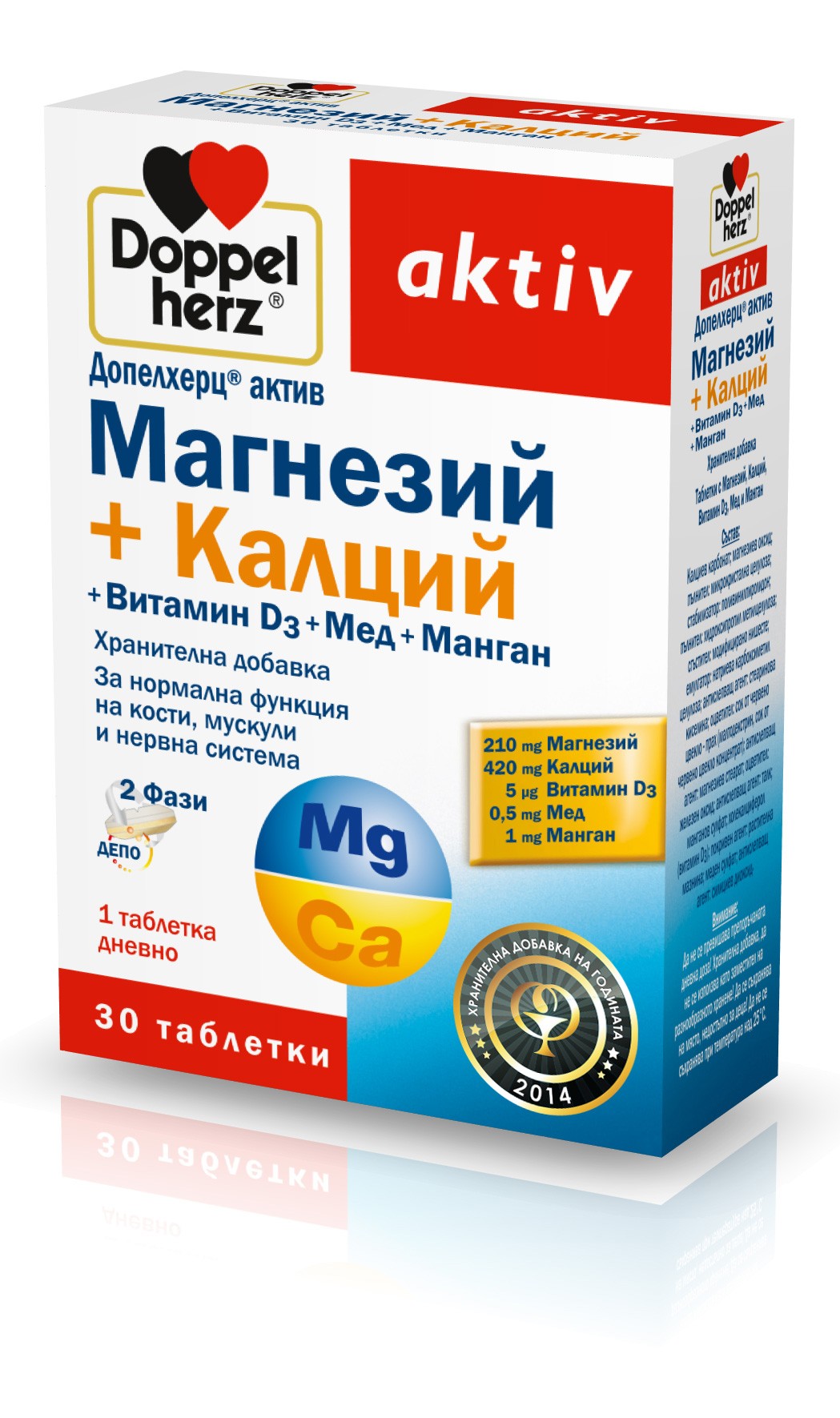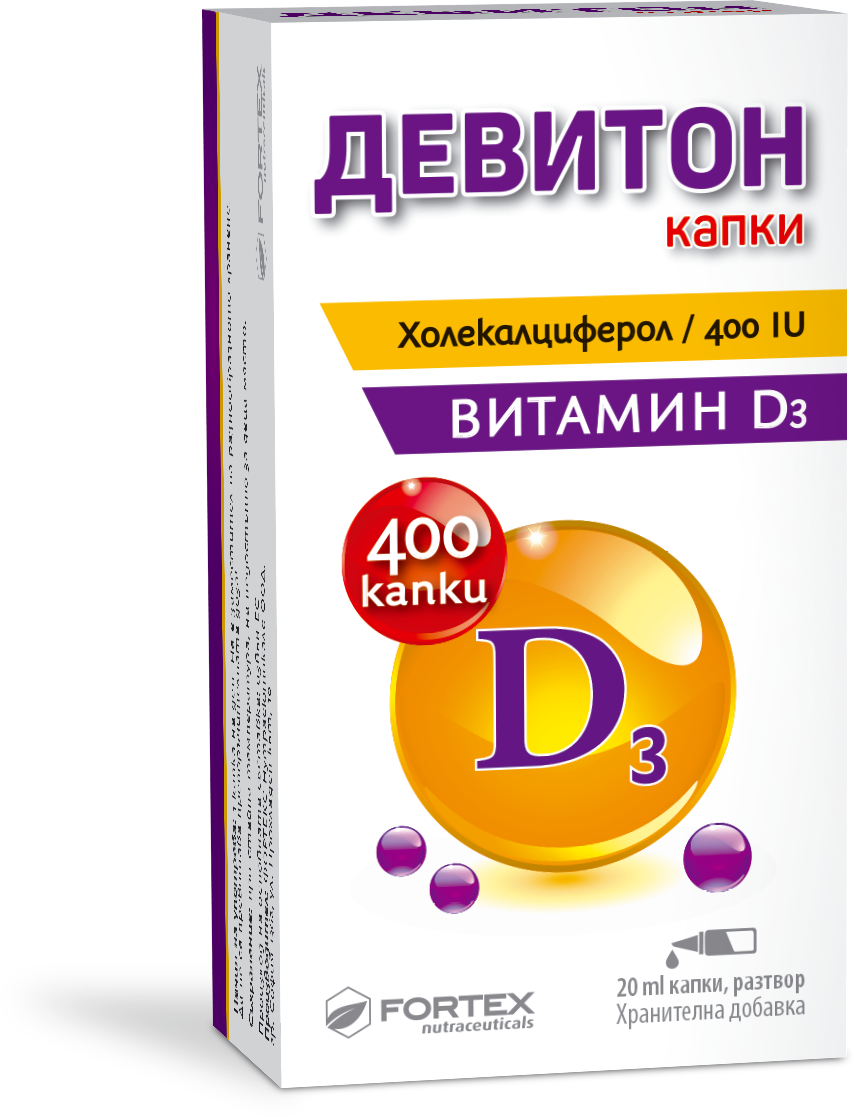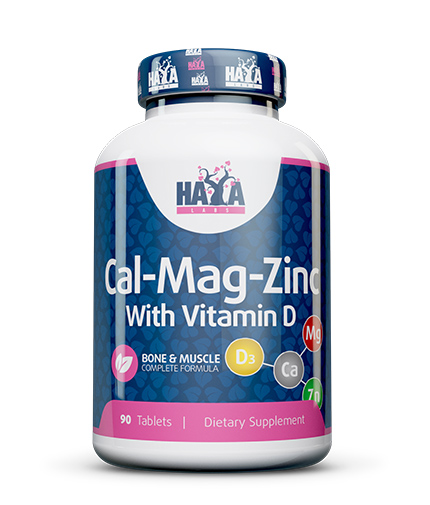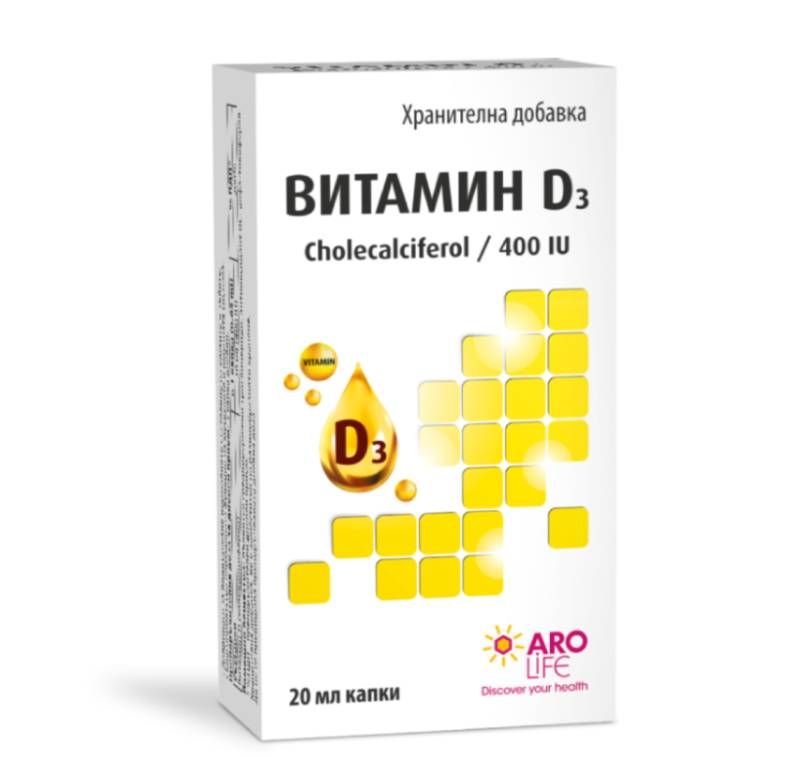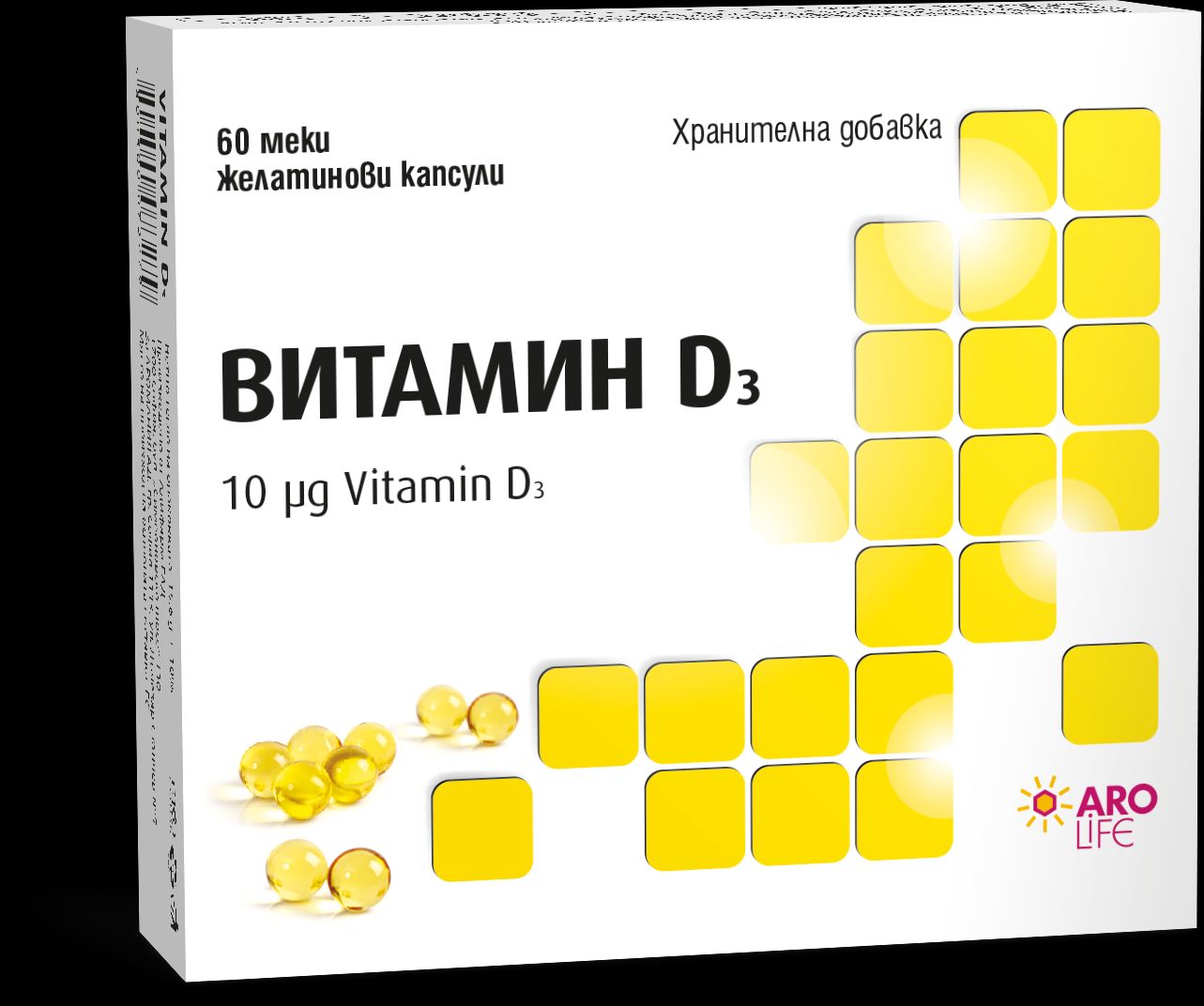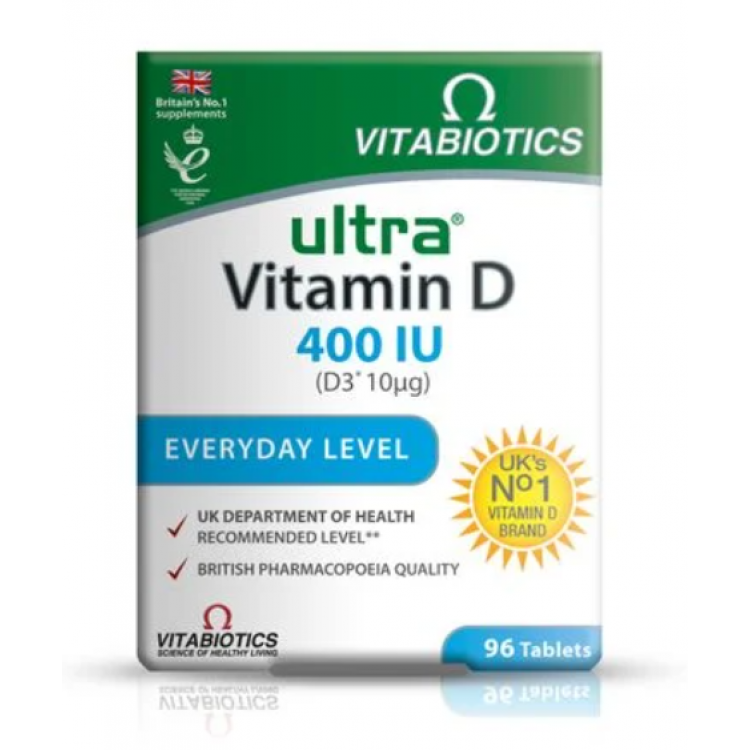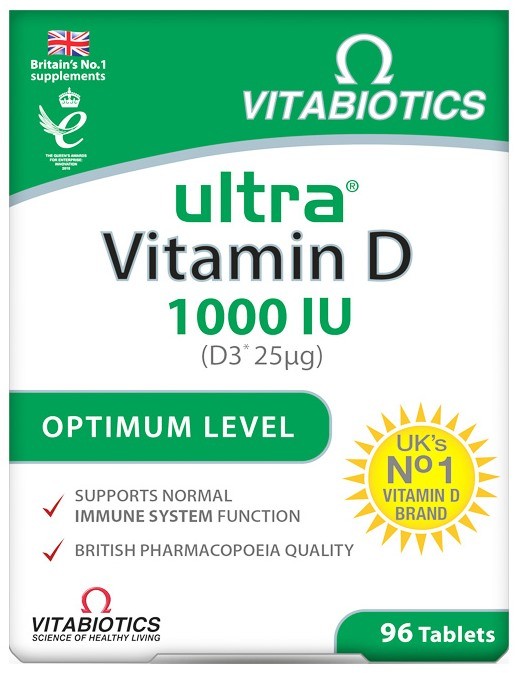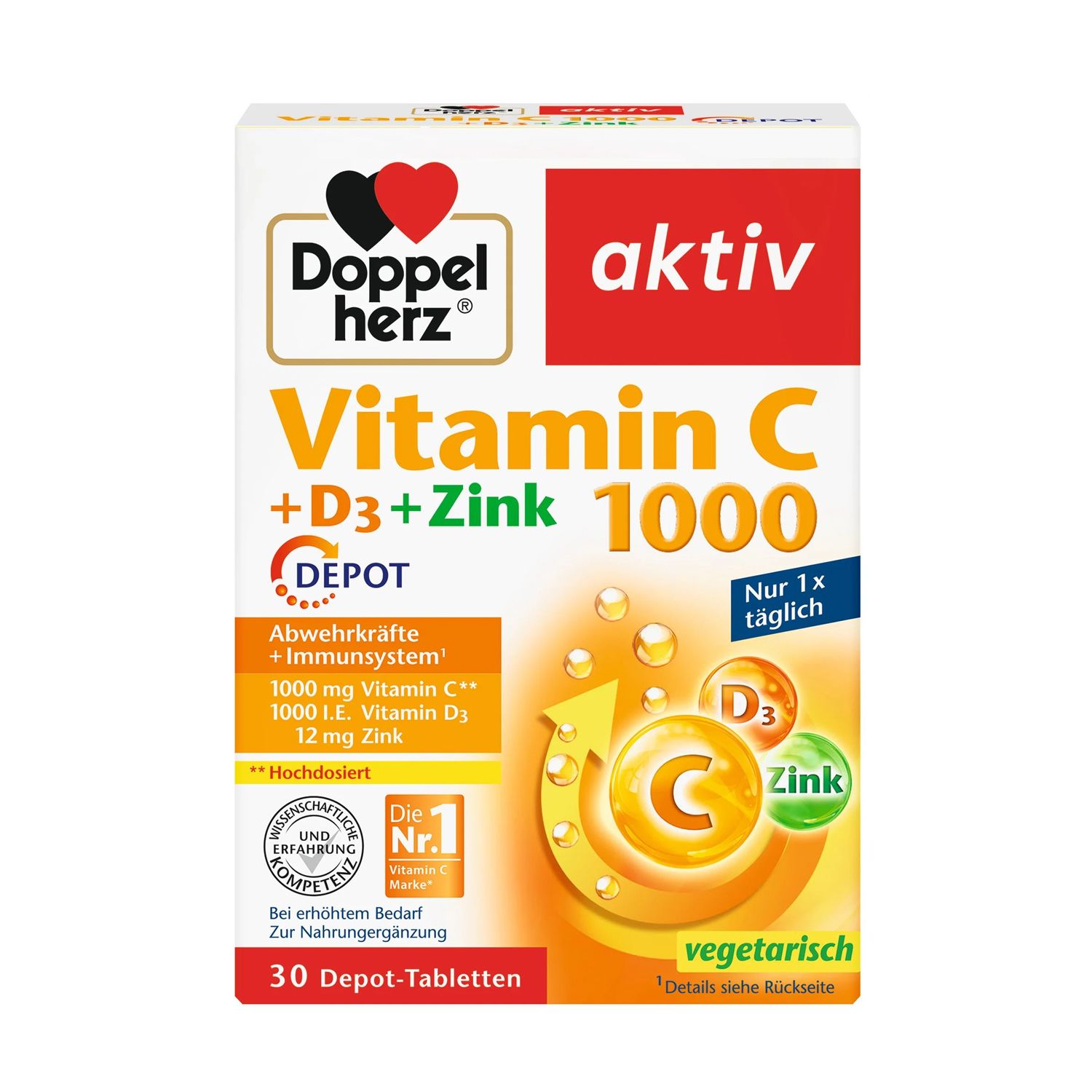
The human organism is a perfect system and works flawlessly in all situations. But even it is not capable of miracles without one substance, namely - the "solar" Vitamin D. If you are curious to find out why this is so, the following lines are just for you.
Vitamin D belongs to the group of fat-soluble vitamins, but it is a hormone by its very nature. This is what sets it apart from other nutrients. Although our body can also get it through food, it mainly synthesizes it in the skin when it is exposed to the sun. That's how it got its popular name "sunshine vitamin". Experts also call it calciferol, as one of its most important tasks is to help calcium deposition in the bones.
A curious fact is that this trace element is only part of a whole family of group D vitamins. Scientists have classified five varieties - from D1 to D5, of which only D2 and D3 occur in nature. Vitamin D2, also called ergocalciferol, is found only in food (mainly cereals) and remains inactive until it is absorbed into the blood and deposited in subcutaneous fat tissue. There, under the influence of the sun's ultraviolet rays, it is converted into an active substance. In contrast, Vitamin D3 (or cholecalciferol) is produced directly from cholesterol in the skin and supplies the essential amounts of Vitamin D needed by the body.

Naturally, the body gets about 10% of the required intake from fish and animal products, including meat, fresh milk and eggs. The remaining 90% is produced by the body while walking or sunbathing. Where this is not possible, the vitamin can be taken in supplement form - in pills, chewable dragees (particularly suitable for children), liquid, drops or oral spray. A hit on the market are Vitamin D sunscreen tablets, which both protect against sunbur.
Benefits of taking Vitamin D
Our health is directly dependent on the micronutrient because it plays a major role in some of the body's most essential functions. It is extremely important for the growth and strengthening of the skeletal structure, but is also actively involved in strengthening the immune system. It has anti-inflammatory, antioxidant and neuroprotective properties that protect the body against serious diseases such as cancer, diabetes, multiple sclerosis and many others.
Strengthens the bone structure. Vitamin D affects osteoblasts (the cells responsible for bone synthesis) and is vital for maintaining optimal amounts of calcium and phosphorus in the blood for optimal bone mineral density. Without Vitamin D, calcium is not absorbed by the body (as it cannot pass through the walls of the small intestine) and phosphorus does not reach the concentration needed to trigger the mineralization and ossification process of bone and dentin. As a result, osteoblasts absorb greater amounts of water and swell, provoking serious deformities in all the bony structures of the body, including the teeth and vertebrae.
Strengthens all muscle and brain cells. Vitamin D is also known for its beneficial effects on normal cell growth and the functioning of all cells in the body. It is responsible for the processes of cell division and metabolism, which is extremely beneficial for the strengthening of muscles and the proper development of our brain cells. A number of studies have shown that supplemental Vitamin D intake positively affects people with dementia and Alzheimer's. Other studies suggest that it is even capable of "detecting" cancerous growths. This is why more and more specialists are including it in cancer prevention programs.
Supports the immune system - the natural defense for health. It is also capable of regulating and limiting inflammatory processes in the body as it is involved in the production of important endogenous antimicrobial proteins. Vitamin D is known to affect not only innate but also acquired immunity by stimulating cells to produce enzymes to virtually fight off attacks from unwanted viruses and bacteria on their own. Various studies have shown that Vitamin D is capable of reducing inflammation in patients with active infection, as well as influencing the severity with which various diseases progress.
What does Vitamin D help with?
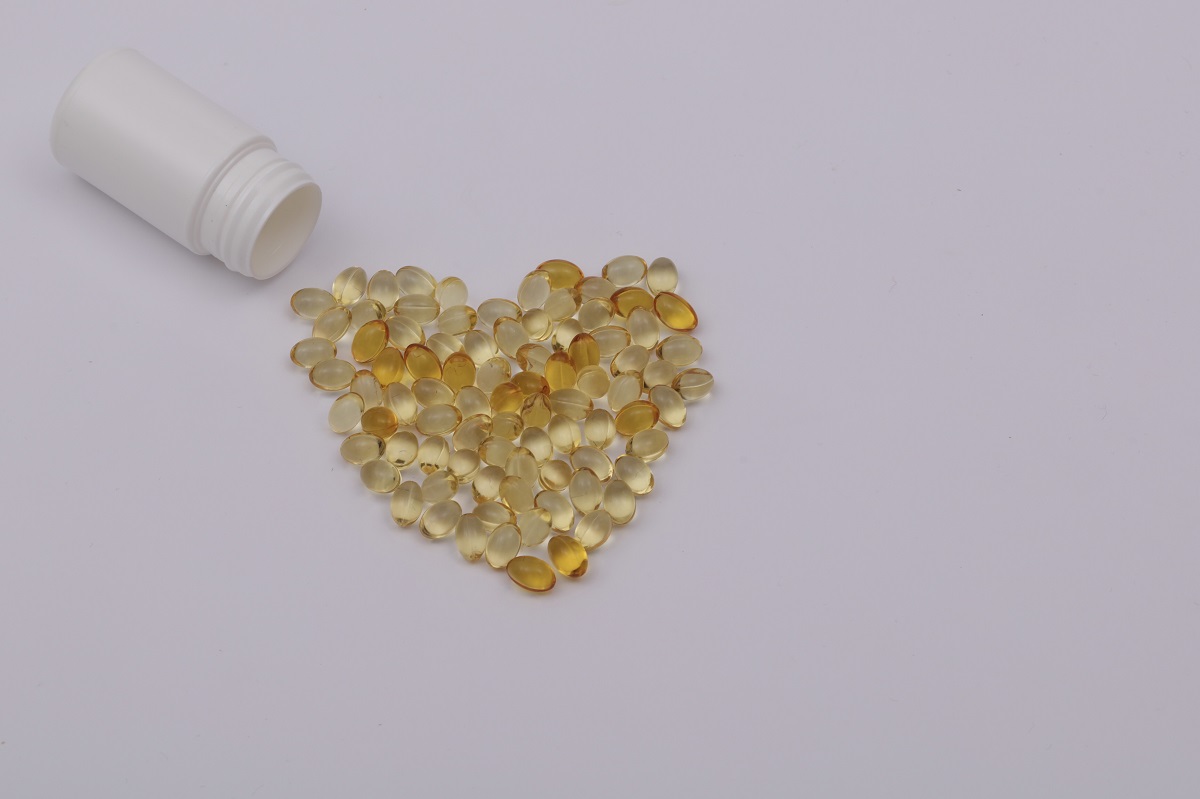
The unique substance is mainly used for the prevention of deficiency in the body. In addition, it is also actively involved in the treatment of a rather long list of diseases.
1. Rickets and Osteomalacia
Rickets is a disease that is characterized by softening and deformation of bones in young children and adolescents, and osteomalacia is its analogue in adults who suffer from acute Vitamin D deficiency. Dental problems and cartilage swelling can occur in parallel with both diseases. The changes are due to impaired metabolism of calcium-phosphorus salts.
2. Osteoporosis
The aging skeleton needs more than ever additional amounts of calcium and therefore Vitamin D for its effective absorption. Its intake is extremely important for postmenopausal women, who have a higher risk of osteoporosis. The reason is that Vitamin D slows down the process of bone loss and maintains bones in optimal health for the respective age, and thus contributes to the reduction of unwanted fractures.
3. Cardiovascular disease
The risks of developing atherosclerosis, cardiomyopathy and heart failure are seriously reduced with supplemental vitamin D intake, as demonstrated by a number of large epidemiological studies. In modern medicine it is an integral part of the prevention of heart attack, stroke and high blood pressure.
4. Pre-diabetes and diabetes
Vitamin D deficiency is directly linked to insulin resistance and the development of type 2 diabetes. It has been shown to stimulate insulin secretion and improve glucose tolerance in the body, while helping to maintain good blood sugar levels. It is thought that it may be useful in improving and even preventing the development of diabetes mellitus and metabolic syndrome, but clinical studies are still being conducted on the subject.
5. Cancer and metastasis
Since Vitamin D oversees the proper functioning of all cells in the body, it is also capable of influencing cancerous growths and metastasis. Studies in animals and cell cultures have shown that it stimulates the repair of various cellular DNA damages, thus preventing tumors from forming. Higher levels of Vitamin D in the body ensure a lower risk of a range of cancers, including colon, breast, prostate, skin and pancreatic. Recent studies have found that it is capable of reducing the development of even liver fibrosis, cirrhosis and liver cancer.
6. Depression and Alzheimer's
Vitamin D is involved in the development of a number of brain tissues, and its antioxidant effect is capable of protecting nerve cells. It helps increase serotonin levels in the brain (which are responsible for memory) and significantly improves cognitive function. Therefore, supplemental intake of Vitamin D reduces the risk of depression, Alzheimer's disease and dementia.
7. Inflammation and autoimmune diseases
As we already know, Vitamin D plays a major role in immune cell biology and can regulate undesirable processes, such as inflammatory reactions and even autoimmune diseases. It successfully controls various infections and stimulates the innate immune response to attacks by viruses and bacteria, keeps the respiratory tract healthy and protects us from tuberculosis. At the same time, Vitamin D prevents activation of the immune system in cases where this is undesirable, preventing the onset of autoimmune diseases.
8. Multiple sclerosis
Studies have found that long-term intake of high doses of vitamin D limits the risk of multiple sclerosis because it affects the immune system. It is said to reduce the number of certain immune cells that cause damage in this disease, but new clinical studies are needed to prove this effect.
How to get Vitamin D?

Sun exposure is the safest and most effective way to maintain healthy levels of Vitamin D in the body. Of course, without overdoing it and causing yourself a skin burn.
The Department of Health has specific recommendations for the diagnosis, prevention and treatment of Vitamin D deficiency and insufficiency. According to them, "sunbathing with exposed arms and legs for at least 15 minutes, between 10.00-15.00, without sunscreen, from May to September" is quite sufficient to obtain the required daily dose of Vitamin D. However, during the summer months when the sun is strong, it is advisable to use extra sun protection and avoid the midday hours.
Don't forget sun protection, but don't go to extremes. Take care of your skin's health, especially if it is sensitive, but be aware that the high factors in creams stop UV rays and make it virtually impossible for the skin to produce Vitamin D.
A small quirk is that different skin types synthesize the required amounts of the vitamin at different rates. For example, people with lighter skin have a faster process and only need 15 minutes in the sun daily. Darker-skinned people need about 30 minutes of sunbathing, and black people need a full hour. This is why peoples who live far from the equator, without much sun, are more likely to suffer from Vitamin D deficiency.
The modern alternative to the sun are foods and supplements fortified with Vitamin D. You can buy them from any pharmacy or drugstore, but avoid prescribing them yourself without first consulting your GP. The reason is that you can overdose the intake, and this leads to unpleasant side effects.
What are the recommended doses of taking Vitamin D

The healthy dose is not universal, as it depends not only on the age and general condition of the body, but also on the intended use - whether it is used for prevention or treatment. In Bulgaria there is an official recommended daily intake approved by the Ministry of Health and the Bulgarian Society of Endocrinology. It is age-appropriate and covers the needs of over 97.5% of the population all year round, even with minimal sun exposure.
The appropriate dose of Vitamin D is calculated in milligrams and International Units (IU), which run in different ranges. Standard Vitamin D recommendations for infants and young children include 400-600 IU of supplemental daily intake, and the recommended dosage for adults is 800-1000 IU of Vitamin D per day.
Vitamin D Dietary Intake Recommendations
 Taking Vitamin D is contraindicated in people who suffer from the following conditions:
Taking Vitamin D is contraindicated in people who suffer from the following conditions:
- High levels of calcium and phosphorus in the blood;
- Heart problems;
- Kidney disease;
- Sarcoidosis;
- Tuberculosis
Vitamin D - Side effects and contraindications
Like any other thing, Vitamin D should also not be abused. Do not forget that it is stored in the body to be absorbed later, but when the amount available is many times more than the body needs, the excess only provokes problems.
Some of the possible side effects or side effects of an overdose can be:
1. Excessive thirst;
2. A metallic taste in the mouth;
3. Weak appetite;
4. Weight loss;
5. Bone pain;
6. Fatigue;
7. Eye pain;
8. Itchy skin;
9. Vomiting;
10. Diarrhea;
11. Constipation;
12. Frequent need to urinate;
13. Muscle problems.
What are the symptoms of Vitamin D deficiency
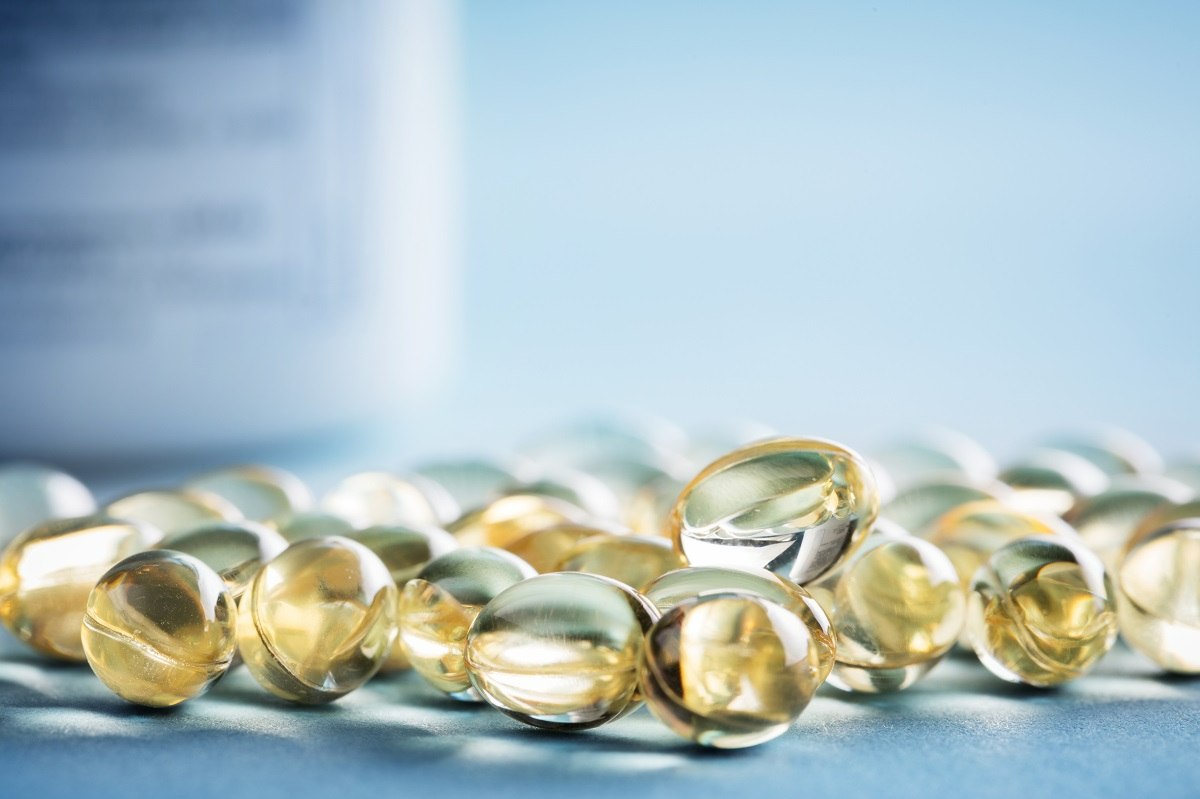
Vitamin D deficiency is detected by blood tests and unfortunately can also be seen in perfectly healthy people. Symptoms of deficiency are usually hard to detect or completely absent, so they are often diagnosed together with the onset of another disease.
Most often the lack of Vitamin D provokes late teething, rickets and bone deformities in children, and also osteoporosis and osteomalacia in adults. Cardiovascular problems, pre-diabetic and diabetic conditions are also possible.
Low Vitamin D levels are also known to affect mood and brain activity, so are often associated with depressive states in the winter months when our bodies are deprived of sun. It has also been shown to have a link to the balance center in the brain, which helps us not to lose balance when walking. Vitamin D deficiency in adults is usually associated with frequent staggering and difficulty keeping balance while standing.
Risk groups for lack of Vitamin D
Since Vitamin D is more powerful in prevention than in treatment, it's good to know if you fall into a risk group so you can successfully prevent unwanted future health problems.
1. Breastfed babies
Vitamin D does not get in sufficient amounts in breast milk because it is absorbed by the mother's body. It is therefore important that babies are taken out for a walk regularly during the day and that mothers take additional amounts of the vitamin in the form of supplements, usually in combination with calcium.
2. People aged 65+
Generally have difficulty being mobile and spend most of the day at home. In addition, all their body processes are already slowed down and their skin also does not synthesize Vitamin D efficiently enough. Especially in winter, the elderly are at a huge risk of deficiency.
3. People with darker complexion
They have larger amounts of the pigment "melanin" in their skin, and it prevents UV rays from reaching the deeper layers where Vitamin D is "produced". This is why people with darker skin are advised to stay in the sun longer or take supplements fortified with the vitamin.
4. People who are overweight
They fall into the risk group because they have more subcutaneous fat. On the other hand, Vitamin D is a fat-soluble compound and people who suffer from impaired metabolism and body fat are unable to absorb it effectively and in sufficient amounts.
To be out of risk of deficiency, experts recommend not hiding from the sun. Instead, incorporate judicious use of sunscreen, appropriate protective clothing and more time outdoors.
The sun and Vitamin D are health, and we're sure you already know why.




